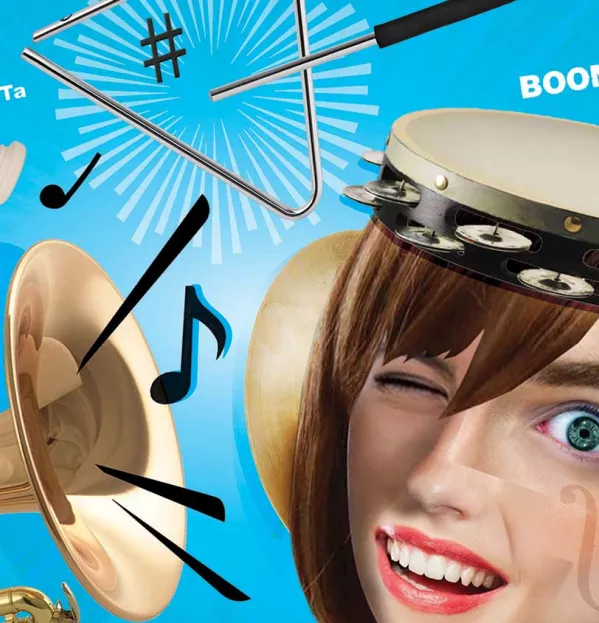IT WAS the last week of term and time for the music concert, when all the children learning instruments would showcase their progress. The stage had become an obstacle course of keyboards, wires, a drum kit and music stands. Children perched round the fringes, clutching their instruments and music folders.
Finally, after much tuning up and rearranging of children, the concert began - and it was brilliant. Not the actual music, you understand (that ranged from slightly ropey to downright painful), but the concentration on the children’s faces, their obvious nerves at the beginning and proud beams of delight when they made it to the end and received their applause.
We ended with a short speech from the head who spoke about the importance of music and thanked the teachers for their hard work. They had earned it. Peripatetic music teachers don’t always have the easiest time in primary schools. For a start, their teaching environment is often less than optimal. In one school I worked in, the violin teacher was consigned to the cookery room - a windowless store cupboard smelling of burnt sugar and disinfectant. In another, the clarinet teacher was relocated to the PE cupboard when his room was needed for a meeting.
They also have the challenge of finding their pupils. It’s not unusual for a guitar teacher to spend 15 minutes trying to track down a child only to discover they’re at a cricket tournament.
But, while the system might not always run like clockwork, children who are learning instruments get a consistent musical education. For those who aren’t, it can be more patchy.
Variations
The quality of music education given to primary-aged children varies dramatically between schools - not that this is anything new. When I was at school, music lessons consisted of singing sessions and some BBC radio programmes (which I wish we still had). Very occasionally, we would get to bang a drum or clang a triangle. At the same time, my friend, who attended a similar school across the city, learned to read music and sing in harmony, and performed in an infant orchestra so good that they were invited to play at the Royal Festival Hall.
It’s not simply a lack of money that lets music down. You need a school leader who is determined to give the subject prominence. Many primary teachers don’t feel confident teaching music. There’s not much training available, the timetable is already squeezed and no one checks much on the content. Often, the subject is covered by a teaching assistant armed with a website and a set of faulty speakers, and ignored when term gets really busy.
Which is a shame, because a thorough musical education should be a no-brainer. Even in this “Sats subjects trump all” climate, there’s evidence that studying music supports progress in both maths and reading (they never argue that learning to read helps your violin-playing).
And it’s not simply that you might overlook future Mozarts and Sheku Kanneh-Masons. All children benefit from good music lessons in ways too numerous to count and which extend far beyond their school days.
All of which is a long-winded explanation of why I’m currently ignoring my daughter’s request to stop her piano lessons.
Jo Brighouse is a pseudonym of a primary school teacher in the West Midlands. She tweets @jo_brighouse
